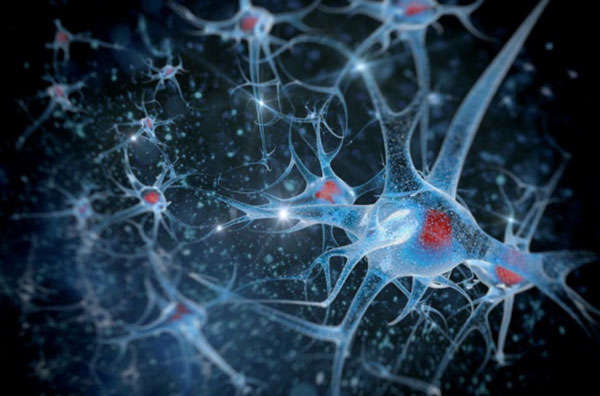 ©Shutterstock/vitstudio
©Shutterstock/vitstudioA new paper by the National Institute on Drug Abuse (NIDA) researchers suggests that a certain brain region—the amygdala central nucleus— plays a role in predicting reward value and allocating work accordingly. Rats expecting a reward show activation in this brain region, and work hard to get the reward. Activation in the amygdala central nucleus declines, and responding for the reward drops, once the rats learn the reward is absent or less than they expected. This suggests that the amygdala central nucleus helps manage expectations and responding during changing reward conditions.
These findings provide insight into underlying mechanisms of addiction treatments that aim to stop drug-taking, as well as other treatments that reduce but do not eliminate rewards (for example, overeating).
For a copy of the paper, "Neural correlates of two different types of extinction learning in the amygdala central nucleus" published in Nature Communications, go to http://www.nature.com/articles/ncomms12330.
For information about research being conducted in this area by the NIDA Intramural Research Program, go to: http://irp.drugabuse.gov/cnrb.php#Anchor-Behavioral-58557.
For more information, contact the NIDA press office at media@nida.nih.gov or 301-443-6245. Follow NIDA on Twitter and Facebook.
